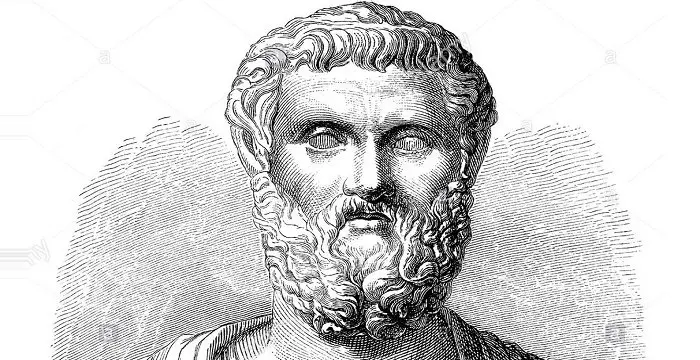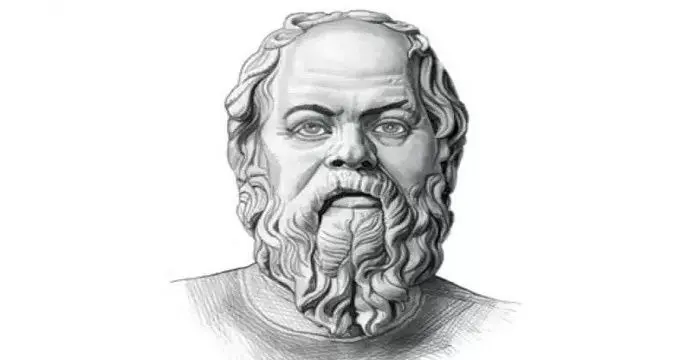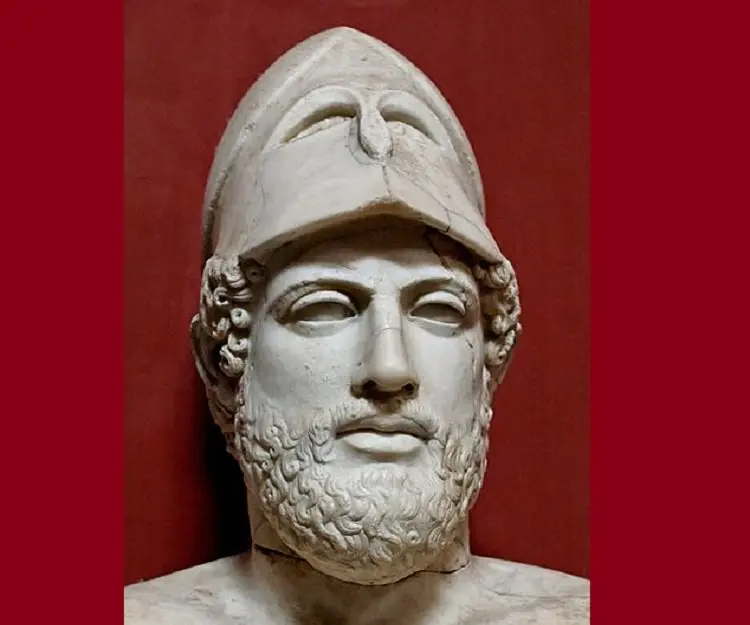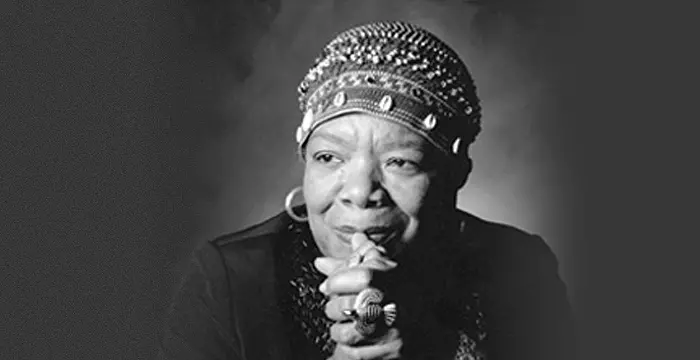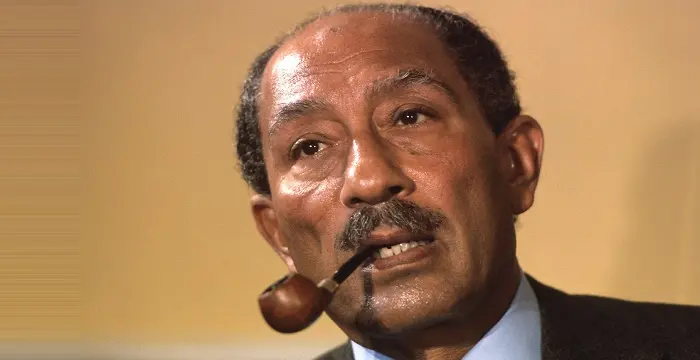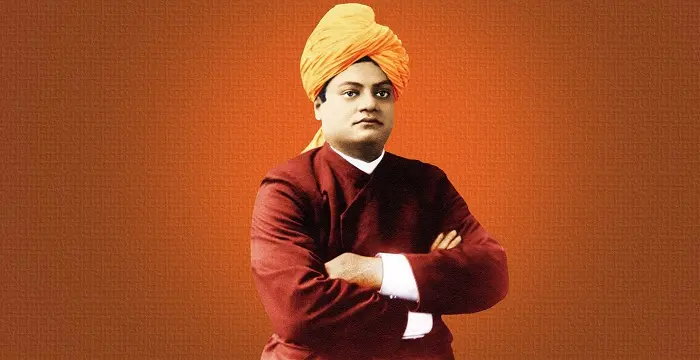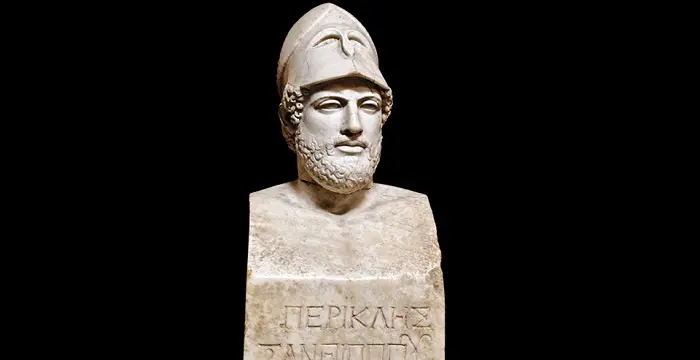
Pericles - First Citizen of Democratic Athens, Facts and Childhood
Pericles's Personal Details
Pericles was an important Greek statesman, orator, patron of the arts, politician, and general of Athens who lived from 495–429 B.C
| Information | Detail |
|---|---|
| Birthday | 494 BC |
| Nationality | Greek |
| Famous | Leaders, ENFJ, First Citizen of Democratic Athens, Greek Men |
| Spouses | Aspasia |
| Known as | Perikles |
| Childrens | Paralus, Pericles the Younger, Xanthippus |
| Birth Place | Athens |
| Gender | Male |
| Father | Xanthippus |
| Mother | Agariste of Sicyon |
| Born in | Athens |
| Famous as | First Citizen of Democratic Athens |
| Died at Age | 65 |
// Famous Greek Men
Solon
Solon was an Athenian lawmaker, poet and politician. He is considered as one of the ‘Seven Wise Men’ in Greek culture. This biography provides detailed information about his childhood, life, career, works, achievements and timeline.
Socrates
Socrates was one of the most influential Greek philosophers of the ancient era. Check out this biography to know about his childhood, family life, achievements and fun facts about him.
Pyrros Dimas
Pyrros Dimas is an Albanian-born Greek weightlifter, who won gold medals at three consecutive Olympic Games. This biography profiles his childhood, life, sports career, achievements and timeline
Pericles's photo
Who is Pericles?
Pericles was an important Greek statesman, orator, patron of the arts, politician, and general of Athens who lived from 495–429 B.C. He had such a profound influence on the society that historian Thucydides named him “the first citizen” of democratic Athens. His era is also often referred to as the ‘Age of Pericles’ or broadly as the ‘Golden Age of Athens’. He encouraged the flourishing of arts, literature, philosophy and freedom of expression. Under his influence, Athens became the hub of art, culture, education, and democracy. Artists, sculptors, playwrights, poets, architects and philosophers considered Athens a thrilling haven for their work. Hippocrates practiced medicine in Athens then while sculptors like Phidias and Myron created statues in marble and stone. Playwrights like Aeschylus, Sophocles, Euripides, and Aristophanes invented the modern-day theatre during this period. The great philosophers Protagoras, Zeno of Elea, and Anaxagoras were all his close friends. Moreover, the ‘father of western philosophy’ Socrates lived in Athens at the time. His era also witnessed the building of the Acropolis and the glory of the Parthenon. He is the first politician to credit great importance to the study of philosophy as a realistic subject. After his death, the golden age of Athens eventually slipped away.
Childhood & Early Life
Pericles was born in 495 B.C. in Athens, Greece. His father, Xanthippus, was a politician and a hero of the Persian War while his mother, Agariste, was the niece of famous statesman and reformer, Cleisthenes, and belonged to the powerful Alcmaeonidae family.
Since he belonged to a noble and wealthy family, he could spend most of his youth studying. He grew up in the company of prominent artists and philosophers like Protagoras, Zeno, and Anaxagoras.
He also learnt music from the leading musicians of the time. As a young man, he avoided public appearances as he was introvert and calm by nature.
At the age of 17, he inherited huge wealth and became a patron of art. He funded a staging of Aeschylus’ play ‘The Persians’ in 472 B.C which echoed the young politician’s support for Athens’ besieged populist leader Themistocles over his political opponent, the aristocrat Cimon.
Career
In 461 B.C. Pericles got Cimon banished for supposedly betraying Athens and emerged as the leader of Athens’ democratic party.
His earliest military venture was during the First Peloponnesian War. In 454 B.C., he attacked Sicyon and Acarnania, following which he tried to conquer Oeniadea, but in vain. He also funded the establishment of Athenian colonies in Thrace and on the Black Sea coast.
During the Second Sacred War, he led the Athenian army against Delphi and reinstated Phocis in its sovereign rights on the oracle. In 447 B.C. he evicted the barbarians from the Thracian peninsula of Gallipoli, and established Athenian colonies in the region. He was elected Strategos (one of Athens’ leading generals) in 443 B.C.
From 449 B.C. to 431 B.C., he funded several cultural developments in Athens, especially famous structures on the hilltop Acropolis: the temple of Athena Nike, the Erechtheum, and the gigantic Parthenon.
He also made efforts to modernize the Athenian society. He popularised fine arts by making theatre admission free for poor citizens and facilitated public participation in civil service.
A patron of art, he was friends with the most important intellects of his time, such as playwright Sophocles and sculptor Phidias. Even his spouse Aspasia was quite famous and taught oratory to the young philosopher Socrates.
He was a great orator himself. His speeches (recorded and interpreted by Thucydides) commemorate the magnitude of democratic Athens at its zenith.
Seeing Athens prosper, Sparta felt increasingly threatened and began to demand allowance which Pericles refused. In 431 B.C. disagreement between Athens and Sparta’s supporter Corinth prompted Spartan king Archidamus II to invade Attica near Athens.
Strategically, Pericles evacuated the residents of Attica to Athens, thus leaving the superior Spartan armies no one to fight with. He then made seaborne attacks on Sparta’s friends. This expensive approach was quite fruitful initially.
Eventually, a plague broke out in Athens claiming several lives and rousing disgruntlement among the people. This resulted in him being temporarily overthrown from power in 430 B.C. Before long, when the Athenians’ attempt to settle disagreements with Sparta failed, he was quickly given his authority back.
In 429 B.C., he succumbed to the plague. His death was devastating for Athens as his successors lacked his prudence and cautiousness. Gradually, the golden age of Athens faded away.
Major Works
Athens prospered under Pericles; during his era, Athens experienced political supremacy, economic growth and cultural flourishing.
Part of the golden age of Athenian culture, from 449 to 431 B.C., is attributed to Pericles. Apart from supporting art and culture, he funded the construction of the Acropolis and the Parthenon in Athens.
He led several military missions for more than 20 years. Some of them were Athens' recapture of Delphi from the Spartans in 448 B.C., Athens’ siege on Samos during the Samian War in 440 B.C., and the ill-fated attack on Megara in 431 B.C., which resulted in Athens' defeat and finally downfall.
Personal Life & Legacy
Pericles initially married one of his closest relatives with whom he had two sons, Paralus and Xanthippus. Around 445 B.C., he separated from his wife and gave her to another man in marriage.
Eventually, he grew close to Aspasia of Miletus. They lived together and their relationship was rebuked by many, including his son, Xanthippus.
He was deeply troubled by the untimely death of his sister and both his legitimate sons because of the plague. He could never recover from the blow.
The plague eventually claimed his life as well in the autumn 429 B.C. A timely change in the law of 451 B.C. allowed his half-Athenian son with Aspasia, Pericles the Younger, to be a citizen and legal heir.
His legacy is the literary and artistic works of the Athenian golden age, which have largely survived the test of time. The Acropolis, although damaged, is still present and is an icon of modern Athens. Freedom of expression is also derived from the same era.
// Famous ENFJ
Oprah Winfrey
A famous American talk show host, actress, producer and philanthropist, Oprah Winfrey is most renowned for ‘The Oprah Winfrey Show’. To know more about her childhood, career, profile and timeline read on
Reese Witherspoon
http://www.celebritynetworth.com/richest-celebrities/actors/reese-witherspoon-net-worth/ , http://www.britannica.com/biography/Reese-Witherspoon , https://en.wikipedia.org/wiki/Reese_Witherspoon#Arrest
Maya Angelou
Maya Angelou was a famous writer, activist, singer, and actor, known best for her autobiography, ‘I Know Why the Caged Bird Sings’. Read on for detailed information about his childhood, profile, career and timeline
Pericles biography timelines
- // 495 BCPericles was born in 495 B.C. in Athens, Greece. His father, Xanthippus, was a politician and a hero of the Persian War while his mother, Agariste, was the niece of famous statesman and reformer, Cleisthenes, and belonged to the powerful Alcmaeonidae family.
- // 472 BCAt the age of 17, he inherited huge wealth and became a patron of art. He funded a staging of Aeschylus’ play ‘The Persians’ in 472 B.C which echoed the young politician’s support for Athens’ besieged populist leader Themistocles over his political opponent, the aristocrat Cimon.
- // 461 BCIn 461 B.C. Pericles got Cimon banished for supposedly betraying Athens and emerged as the leader of Athens’ democratic party.
- // 451 BCThe plague eventually claimed his life as well in the autumn 429 B.C. A timely change in the law of 451 B.C. allowed his half-Athenian son with Aspasia, Pericles the Younger, to be a citizen and legal heir.
- // 449 BC To 431 BCFrom 449 B.C. to 431 B.C., he funded several cultural developments in Athens, especially famous structures on the hilltop Acropolis: the temple of Athena Nike, the Erechtheum, and the gigantic Parthenon.
- // 449 BCPart of the golden age of Athenian culture, from 449 to 431 B.C., is attributed to Pericles. Apart from supporting art and culture, he funded the construction of the Acropolis and the Parthenon in Athens.
- // 447 BC To 443 BCDuring the Second Sacred War, he led the Athenian army against Delphi and reinstated Phocis in its sovereign rights on the oracle. In 447 B.C. he evicted the barbarians from the Thracian peninsula of Gallipoli, and established Athenian colonies in the region. He was elected Strategos (one of Athens’ leading generals) in 443 B.C.
- // 445 BCPericles initially married one of his closest relatives with whom he had two sons, Paralus and Xanthippus. Around 445 B.C., he separated from his wife and gave her to another man in marriage.
- // 440 BCHe led several military missions for more than 20 years. Some of them were Athens' recapture of Delphi from the Spartans in 448 B.C., Athens’ siege on Samos during the Samian War in 440 B.C., and the ill-fated attack on Megara in 431 B.C., which resulted in Athens' defeat and finally downfall.
- // 431 BCSeeing Athens prosper, Sparta felt increasingly threatened and began to demand allowance which Pericles refused. In 431 B.C. disagreement between Athens and Sparta’s supporter Corinth prompted Spartan king Archidamus II to invade Attica near Athens.
- // 430 BCEventually, a plague broke out in Athens claiming several lives and rousing disgruntlement among the people. This resulted in him being temporarily overthrown from power in 430 B.C. Before long, when the Athenians’ attempt to settle disagreements with Sparta failed, he was quickly given his authority back.
- // 429 BCIn 429 B.C., he succumbed to the plague. His death was devastating for Athens as his successors lacked his prudence and cautiousness. Gradually, the golden age of Athens faded away.
// Famous Leaders
Edi Rama
Edi Rama is the current Prime Minister of Albania. Check out this biography to know about his childhood, life, achievements, works & timeline.
Tecumseh
Tecumseh was a Native American leader of the Shawnee clan. This biography profiles his childhood, life and timeline.
Khalifa bin Zayed Al Nahyan
Sheikh Khalifa bin Zayed Al Nahyan is the current President of the United Arab Emirates (UAE). Check out this biography to know about his birthday, childhood, family life, achievements and fun facts about him.
Anwar Sadat
Anwar Sadat was the third President of Egypt and has been awarded the Nobel Prize for his peace initiatives. To know more about his childhood, career, profile and timeline read on the following biography.
Leo Varadkar
Cam Leo Varadkar is the current Taoiseach—the Prime Minister—of the Republic of Ireland. Check out this biography to know about his childhood, family life, achievements and other facts about his life.
Swami Vivekananda
Swami Vivekananda was the chief disciple of Sri Ramakrishna, and was responsible for awakening India spiritually. Check this biography to know in detail about his life, profile and timeline.
Pericles's FAQ
When was Pericles died?
Pericles was died at 2020-04-14
Where was Pericles died?
Pericles was died in Athens
Which age was Pericles died?
Pericles was died at age 65
Where is Pericles's birth place?
Pericles was born in Athens
What is Pericles nationalities?
Pericles's nationalities is Greek
Who is Pericles spouses?
Pericles's spouses is Aspasia
Who is Pericles childrens?
Pericles's childrens is Paralus, Pericles the Younger, Xanthippus
Who is Pericles's father?
Pericles's father is Xanthippus
Who is Pericles's mother?
Pericles's mother is Agariste of Sicyon
How famous is Pericles?
Pericles is famouse as First Citizen of Democratic Athens
